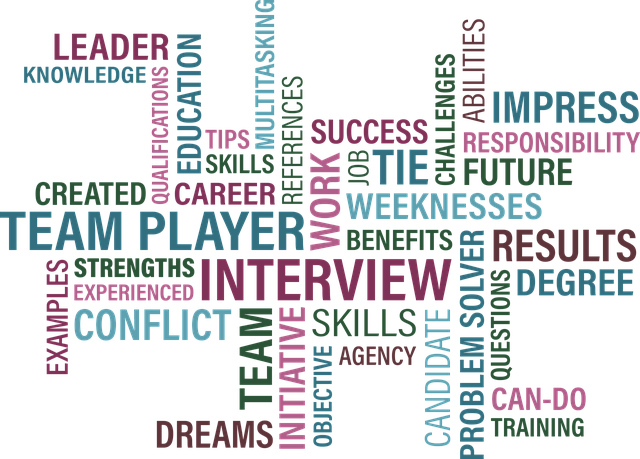Archives
- Newer posts
- April 2024
- November 2023
- October 2023
- August 2023
- May 2023
- February 2023
- October 2022
- August 2022
- July 2022
- May 2022
- April 2022
- March 2022
- February 2022
- June 2020
- March 2020
- February 2020
- January 2020
- December 2019
- November 2019
- October 2019
- September 2019
- August 2019
- July 2019
- June 2019
- May 2019
- April 2019
- March 2019
- February 2019
- January 2019
- December 2018
- November 2018
- October 2018
- September 2018
- August 2018
- July 2018
- June 2018
- May 2018
- April 2018
- March 2018
- February 2018
- January 2018
- December 2017
- November 2017
- October 2017
- September 2017
- August 2017
- July 2017
- June 2017
- May 2017
- April 2017
- March 2017
- February 2017
- January 2017
- August 2016
- June 2016
- April 2016
- March 2016
- February 2016
- January 2016
- July 2015
- June 2015
- Older posts

My Personal Experience Conducting Interviews
In my career, I never thought I would be on the other side of the interviewing table. I still remember my own interview. I was nervous, literally butterflies in the tummy, as I didn’t know what my fate would be. But here I am today, on the other side of the table, asking the questions and selecting the best candidates for our company. I would like to share my personal experience in conducting interviews.
It’s been a while now that I have been conducting interviews yet every time I go inside the conference room, it is always a new experience. Sometimes it is good and interesting but sometimes can be so boring that I feel like wrapping it up as soon as possible. It all depends on the candidates, sometimes you get some fresh blood, who are always ready to show their potential. For me, their skills and the way they portray themselves is very important.
Interviewing looks like an easy job, but mind you, it’s not. It is a very serious job, dealing with responsibilities and judgments. Responsibility towards your company for bringing in the right people. Judging people is the most difficult thing to do. My judgment is always based on their skills, experience and how well they are able to respond to my questions.
As my main goal is to hire the “best fit” person, so just before the interview, I take a couple of minutes in advance to glance at the candidate’s resume. By understanding the projects done, technologies used, etc., I can also prepare some more relevant questions for them. I also check with our HR who briefs me with her personal feedback about the candidate.
Once I get all the information I go ahead and take the interview, with the resume of the candidate and the most important thing, my pencil :). Sometimes I ask a colleague to accompany me. It is always better to have someone else’s opinion too so that together we can take a better decision.
Most of the time, the candidates are very nervous. To break the ice, I generally give an assuring smile and start with some non-technical questions. I always make it a point to make my interviews like conversations and not like interrogations. I find that having a conversation is the best way to get to know any person.
Once they seem more relaxed, I let them know that from then on, the actual technical question round will begin. With every question, I wait for their reply and listen to them carefully. According to me, the real key is in listening to their replies. Candidates will open up slowly and speak well, as we are not just asking a list of questions, we are engrossed and listening to them. Whilst listening, in my mind, I also get ready with follow-up questions like, “Why this way, why not the other way”, or “Will this work and if not, why not” …. Sometimes, if the candidate is not able to answer, maybe due to nervousness or any other reason, I rephrase my question, elaborating with more details, or adding an example to support my question.
Whenever I get some smart people to interview, it does energize me. But at times, I get worried I might run out of questions. Sometimes, I get extra smart people who even tell me if they could Google, they would tell me the answer! And sometimes, there are those who just continue smiling!
At last, once I am done with all the questions, I recall everything and pen down my feedback for our HR. I also let the candidate know if they will be called for the next round. The only bad side of interviewing is when I have to tell a candidate they are not selected. However, in some cases, I do advise them to improve their skills and try again later. We always give a second chance for candidates who show potential. We need good, hard-working and intelligent people for our company.
All in all, I would say I like conducting interviews as besides all the above, it also helps me in refreshing my memory and learning new things from the younger candidates. Have an interview coming up? Read these Interview Tips to better your chances of cracking your next job interview.
